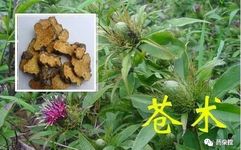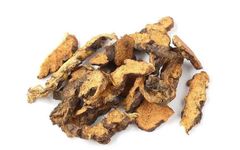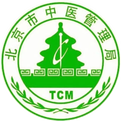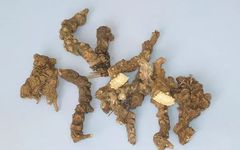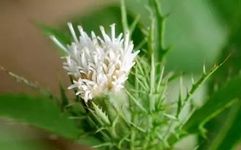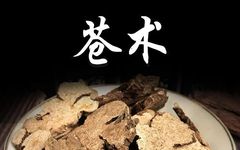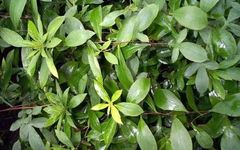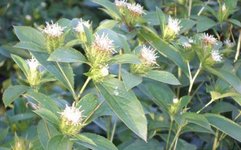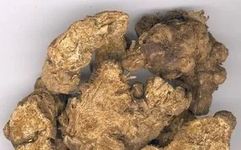The Therapeutic Use of Cang Zhu (Atractylodes) for Dampness
Nature: Warm; Taste: Spicy and Bitter; Channels: Spleen, Stomach. Functions: Strengthens the Spleen, dries dampness, relieves depression, dispels filth. Used for excessive dampness obstructing the Spleen, fatigue, preference for lying down, epigastric fullness and abdominal distension, poor appetite, vomiting, diarrhea, dysentery, malaria, phlegm retention, edema, seasonal colds, wind-cold-damp bi syndrome, foot weakness, and night blindness. … Read more

